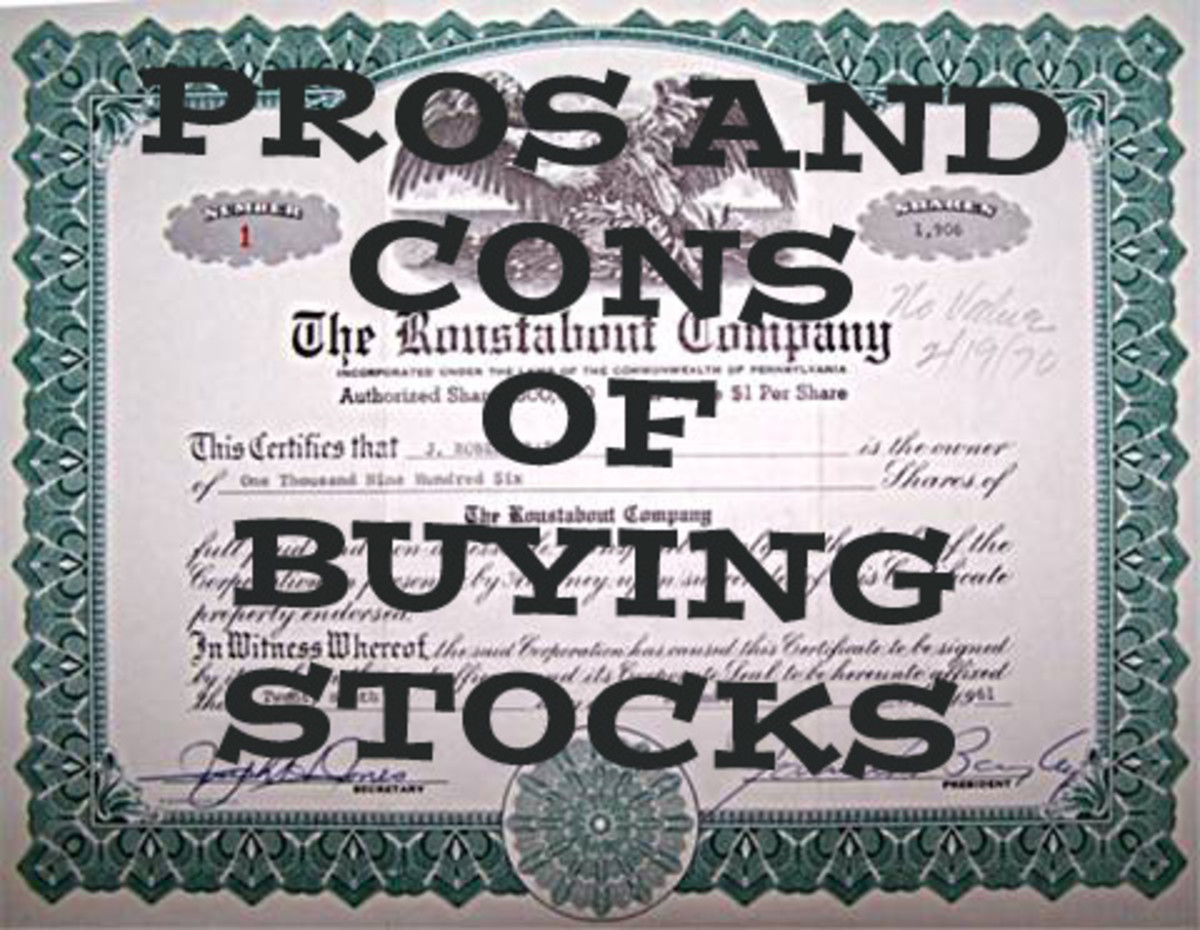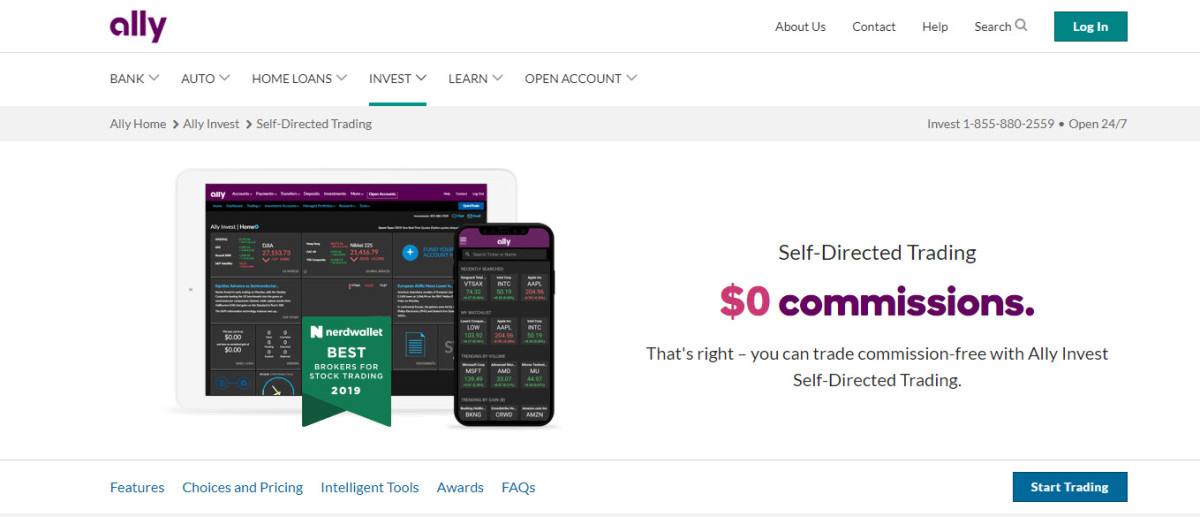Buying Stocks - How to

Is Buying Stocks right for me?
When considering personal investment options, it is crucially important to evaluate all of your options before making a splurge. Purchasing stocks and bonds can be very rewarding and fruitful for your investments, but can also run your savings dry if not done properly.
Historically, looking at stock return investment data from the beginning of the stock market through 2015, the average S&P 500 index return has been between 6-7%. That is, for every dollar you invest, you can expect 6-7% back on that dollar per year, or $1.00 going in becomes $1.07 at the end of the year.
Note this is an average. If you really want to play the investment game, you can accrue far higher returns, but equally high losses.
Evaluate your current Financial Position
Before you decide to make any investment, it is important to look at your current financials. Ask yourself:
- How much money do I truly have available after expenses each month?
- If I lost the money I invested, would I be placed in any financial danger (will the bills still get paid?)
-What is my limit - that is, how much am I willing to gamble (win/lose)?
If after asking yourself these questions, you deem it safe and potentially beneficial for you to personally invest, decide how much you can invest.

Best Shares to Buy
If you have decided at this point to invest, you will likely be asking yourself, "What are the best shares to buy?" Where will I gain the most returns on my dollar?
Though nobody can predict exactly what the returns of each stock will be, you can gain a compeititve advantage by doing your research. Scan the financial news, listen to talk shows, research companies which appear to be on the cutting edge of their market. Here you can resort to google, bloomberg, or any finance tool. You should also research the performance of the individual stock itself - to ensure its performance has been strong and is perhaps on an upward trend. Google Finance has a great tool for this. Use it and compare several stocks in the industry.
How to Buy Stock
After you've made your investment decisions, it's time to take action. You can purchase stock in any number of ways, though keep in mind different options have differing fees associated. The 4 most common ways are:
-Buying Stocks through a brokerage
-Buying Stocks through a bank
-Buying Stocks directly from corporations
-Buying Stocks through private investors
Stock Brokerage
The stock brokerage works by taking a commission of each purchase or trade you do. They do all of the work for you, then charge you a flat fee or percentage of each purchase or trade. The added benefit from using a brokerage is the knowledge. Stock brokers due their own research on what they believe are the hottest stocks and bonds, and pass that knowledge on to their clients, for the chance of better investment success.

Buying Stock through Banks
Though less common, buying stocks and bonds from banks is a potential avenue. The available options and knowledge may be limited, however there is a great chance for a heavy reduction - of associated trading fees - down to zero. In fact, in 2014 Bank of America held a program which allowed customers to make stock purchases and trades, free of charge so long as the customer held a specific minimum bank account balance.
Stocks and Bonds through Corporations or Investors
The final two options are even less common, though can have their benefits. Purchasing stock directly from a corporation comes most often as part of a benefits package for an employee, where employees are eligible to purchase corporate stock at a discount to the market rate. This is advantageous when working for a company which has high potential stock value, as you have the potential to save thousands when purchasing large quantities of stock.
Purchasing from private investors is possible, though can create some hassle. You will need the original stock document, would need to sign the certificate, and re-register ownership with the corporation who issued the original stock.
Wrapping up Stock Purchases
Looking for where to start? OptionsHouse appears to be a relatively affordable broker - at under $5 per trade. You can scan their site or other online brokers, talk to your bank and get started. Enjoy watching your investments grow and have fun!







